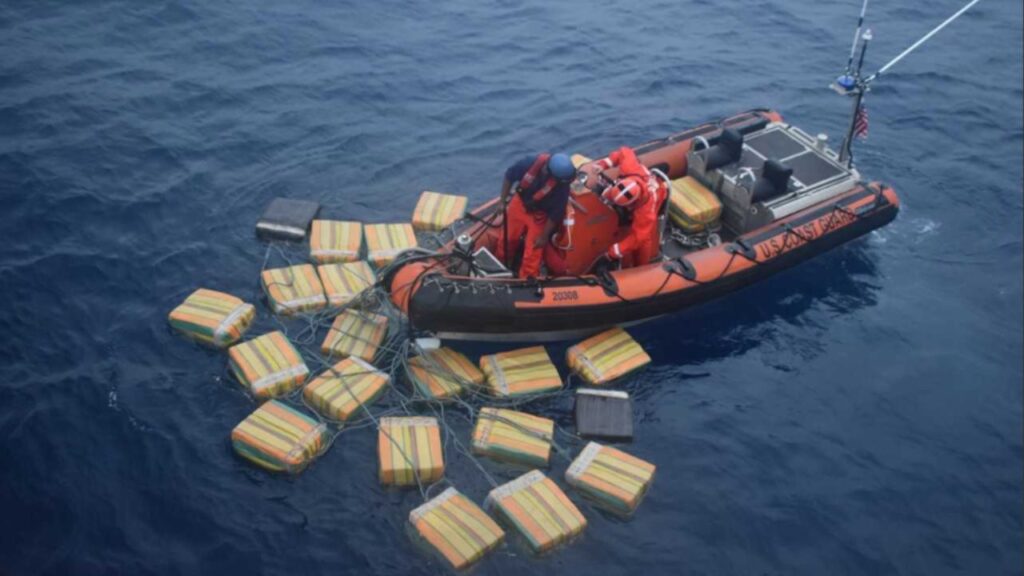Florida is a popular destination for tourists, retirees, and immigrants, but it also has a dark side. The state is plagued by drug abuse and addiction, which claim thousands of lives every year. While the opioid crisis has affected every part of the state, there is one city that stands out as the drug smuggling capital of Florida: Miami.
Miami’s History of Drug Smuggling
Miami has a long and notorious history of drug smuggling, dating back to the 1970s and 1980s, when it was the epicenter of the cocaine trade in the United States. The city was flooded with Colombian cocaine, smuggled by powerful cartels and distributed by local gangs.
The drug business was so lucrative that it transformed the city’s economy, culture, and crime rate. Miami became known as the “murder capital” of the country, as drug-related violence claimed hundreds of lives every year. The cocaine boom also attracted the attention of the federal government, which launched a series of operations to crack down on the drug trade.
The most famous of these was Operation Panama Express, which targeted the maritime smuggling routes from Colombia to Florida. The operation resulted in the seizure of thousands of tons of cocaine and the arrest of hundreds of drug smugglers.
Miami’s Current Drug Smuggling Situation
Despite the efforts of law enforcement, drug smuggling in Miami has not stopped. In fact, it has diversified and expanded, as new drugs and new players have entered the scene. According to the Drug Enforcement Administration (DEA), Miami is still a major hub for cocaine, as well as heroin, methamphetamine, fentanyl, and synthetic drugs.
The city is also a transit point for drugs destined for other parts of the country and the world. The drug smugglers in Miami are not only from Colombia, but also from Mexico, Venezuela, Dominican Republic, Haiti, Jamaica, and other countries.
They use various methods to smuggle drugs into the city, such as boats, planes, cars, trucks, buses, trains, and even submarines. They also use sophisticated technology, such as encrypted phones, GPS trackers, and drones, to evade detection and communicate with their associates.
The Consequences of Drug Smuggling in Miami
The drug smuggling in Miami has a significant impact on the city’s public health, safety, and quality of life. According to the Florida Department of Health, Miami-Dade County had the highest number of drug overdose deaths in the state in 2019, with 1,042 fatalities.
The majority of these deaths involved opioids, especially fentanyl, a powerful synthetic drug that is often mixed with other substances. The drug smuggling also fuels other crimes, such as money laundering, corruption, extortion, kidnapping, and murder. The drug smuggling also affects the city’s economy, tourism, and reputation, as it tarnishes the image of Miami as a beautiful and vibrant city.
Conclusion
Miami is a city of contrasts, where the rich and the poor, the legal and the illegal, the glamorous and the gritty, coexist. It is also a city that faces a serious challenge from drug smuggling, which has been a part of its history and its present. The drug smuggling poses a threat to the city’s residents and visitors, as well as to the national and international security.
To combat this problem, the city needs to work together with the state and the federal authorities, as well as with the local communities, to prevent, detect, and prosecute the drug smugglers, and to provide treatment and support for the drug users and their families. Miami has the potential to be a great city, but it also has to deal with its drug problem.


